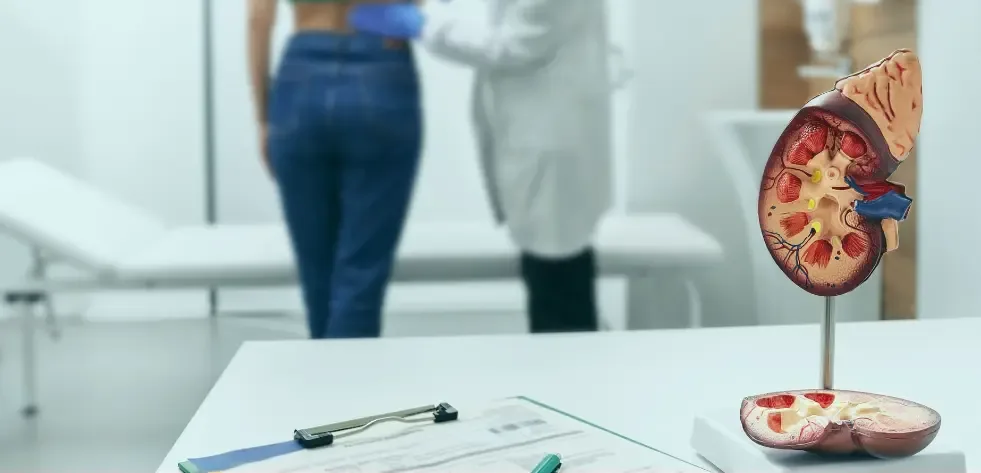Medotil's Promise: No hidden charges
Rest assured, no additional cost will be incurred from our end because your health is priceless.
Request a Free Consultation Contact Us
Autosomal dominant polycystic kidney disease (ADPKD) is a genetic condition marked by fluid-filled cysts caused in the kidneys that grow to become larger and impair the function of the kidneys.
Read MoreCystic Fibrosis (CF) is a genetic disease that chiefly affects the lungs and the digestive system, causing it to produce thick mucus, making breathing more difficult to breathe, and making it more superficial and vulnerable to infections.
Read MoreDiabetic nephropathy is a very serious complication of diabetes, which is progressive damage to the kidneys caused by diabetes. It is a leading cause of kidney disease renal failure that may evolve for years without any other symptoms.
Read MoreGlomerulonephritis (Nephritis) is inflammation of glomeruli, tiny kidneys filter for filtering off waste from the blood. Acute nephritis glomerulonephritis can become chronic, where the problem can get much worse if they are not correctly treated.
Read MoreThe ability of kidneys to remove waste products from blood diminishes thus causing serious kidney failure. The condition emerges immediately or through persistent development before causing major health complications.
Read More